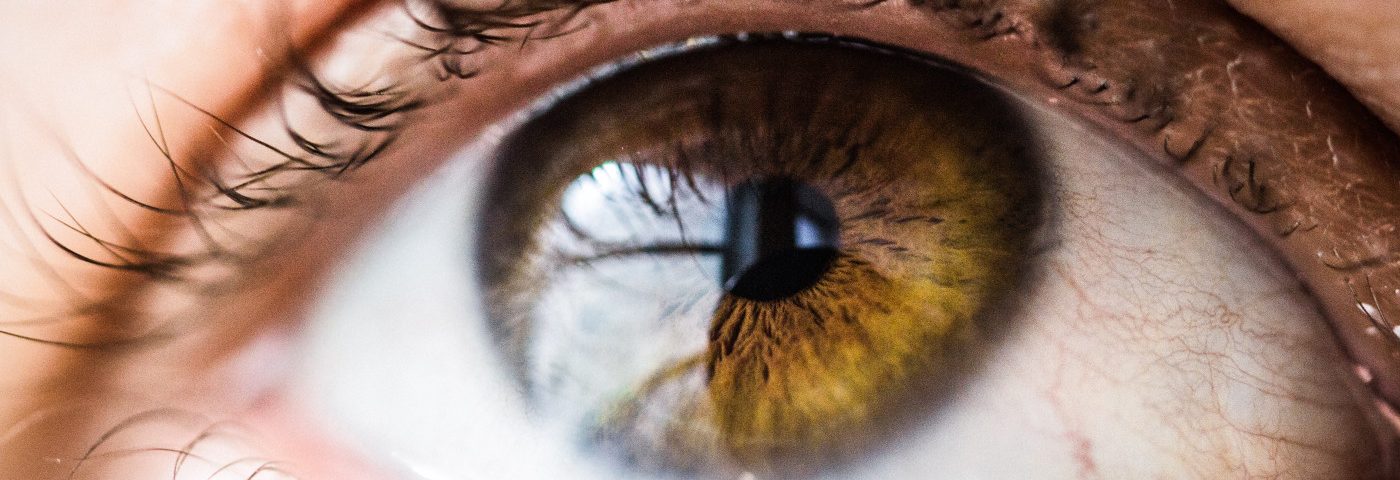Oyster Point Pharma has submitted a clinical protocol to the U.S. Food and Drug Administration (FDA) to initiate a Phase 2 clinical trial evaluating OC-01 (varenicline) nasal spay for the treatment of neurotrophic keratitis (NK).
The submission was made in relation to the company’s investigational new drug (IND) application for OC-01 in the treatment of dry eye disease, which Oyster Point plans to file later this month.
Oyster Point is planning to enroll the first patient in the Phase 2 trial, called OLYMPIA, in the first half of 2021.
“We look forward to working with the FDA to advance this important study into the clinic,” Jeffrey Nau, PhD, company president and CEO, said in a press release.
OC-01 is a potent, selective, activator of the nicotinic acetylcholine receptor (nAChR) being developed as a preservative-free aqueous nasal spray to treat eye disorders, such as NK and dry eye disease, in which tear production is disrupted.
The nicotinic acetylcholine receptor is found on the trigeminal nerve, which is a large and complex nerve, accessed through the nose, that is known to control tear formation, via its parasympathetic function, as well as facial motor function and sensation. (The parasympathetic branch of the nervous system controls automatic involuntary bodily functions while at rest.)
OC-01 is expected to restore tear production by stimulating the parasympathetic function of the trigeminal nerve, alleviating the signs and symptoms of dry eye disease, but also restoring the cornea’s ability to self-repair in NK. (The cornea is the clear, outer protective layer of the eye.)
“In pre-clinical and clinical studies, OC-01 has been shown to stimulate natural tear film, via a novel pathway found in the nasal mucosa, which allows the bypassing of corneal neuron stimulation of the tear film,” Nau said.
OLYMPIA will evaluate the safety and effectiveness of OC-01 nasal spray in the treatment of NK.
The clinical study intends to enroll a total of 200 adults with stage 1 and stage 2 NK in one or both eyes. Stage 1 refers to a mild disease of the epithelium, or the cornea’s outer layer, while stage 2 refers to persistent damage to the epithelium.
Patients will be assigned randomly to receive a placebo or one dose of OC-01 (1.2 mg/ml) twice daily for eight weeks.
The trial’s primary goal is to reach complete corneal healing in treated patients. Secondary goals include duration of corneal healing and improvements in corneal sensitivity.
“Neurotrophic keratitis is the second of a number of important indications we are evaluating with OC-01 nasal spray, illustrating Oyster Point’s commitment to treating unmet needs related to ocular surface diseases,” Nau added.

